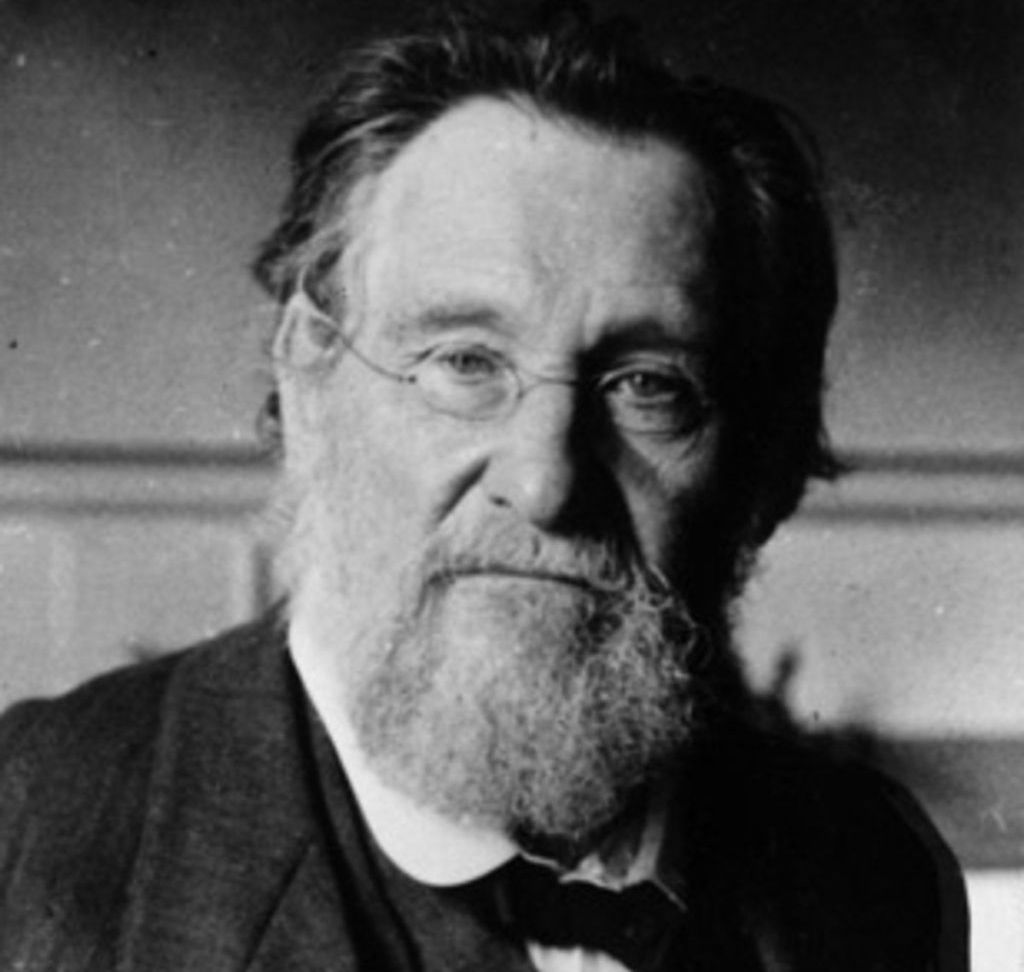Happy Birthday to Elie Metchnikoff the father of modern Gerontology and an inspiration to those working on rejuvention biotechnology.
May 15th is the birthday of Elie Metchnikoff, famous Russian/French scientist, a vice director of the Pasteur Institute in Paris, who was awarded a Nobel Prize in Physiology or Medicine in 1908 (together with Paul Ehrlich) for his work on Immunity in infectious diseases. But healthy longevity supporters know him for another achievement: a strong statement he made regarding aging, that helped to ignite interest in aging research for the next century. In his 1903 book “Studies of optimism” he wrote: “Aging is a disease that should be treated like any other”. Today to commemorate Elie Metchnikoff’s input in the development of gerontology we will talk with Dr. Ilia Stambler, the author of the book “A History of Life-extensionism in the Twentieth Century” and likely the only expert on the history of the longevity movement in the world.
Thank you for joining us today, Dr. Stambler. First, could you please tell us a little more about the studies of Elie Metchnikoff? He is most of all recognised as a pioneer in immunology, what are the main discoveries he made? And how are they related to his understanding of aging as a disease?
Metchnikoff is the founder of the cellular theory of immunity, who showed for the first time that cells (such as phagocytes) play a vital role in immune defense. Remember that until about mid-19th century, slightly more than 150 years ago, people did not even know that cells existed or that diseases were caused by bacteria. It was just another step forward for Metchnikoff to understand that aging is a part of life that needs to be studied, and that cellular immunity, especially the immunity against one’s own organism (that we now call “auto-immunity”) also plays a crucial role in the aging processes.
